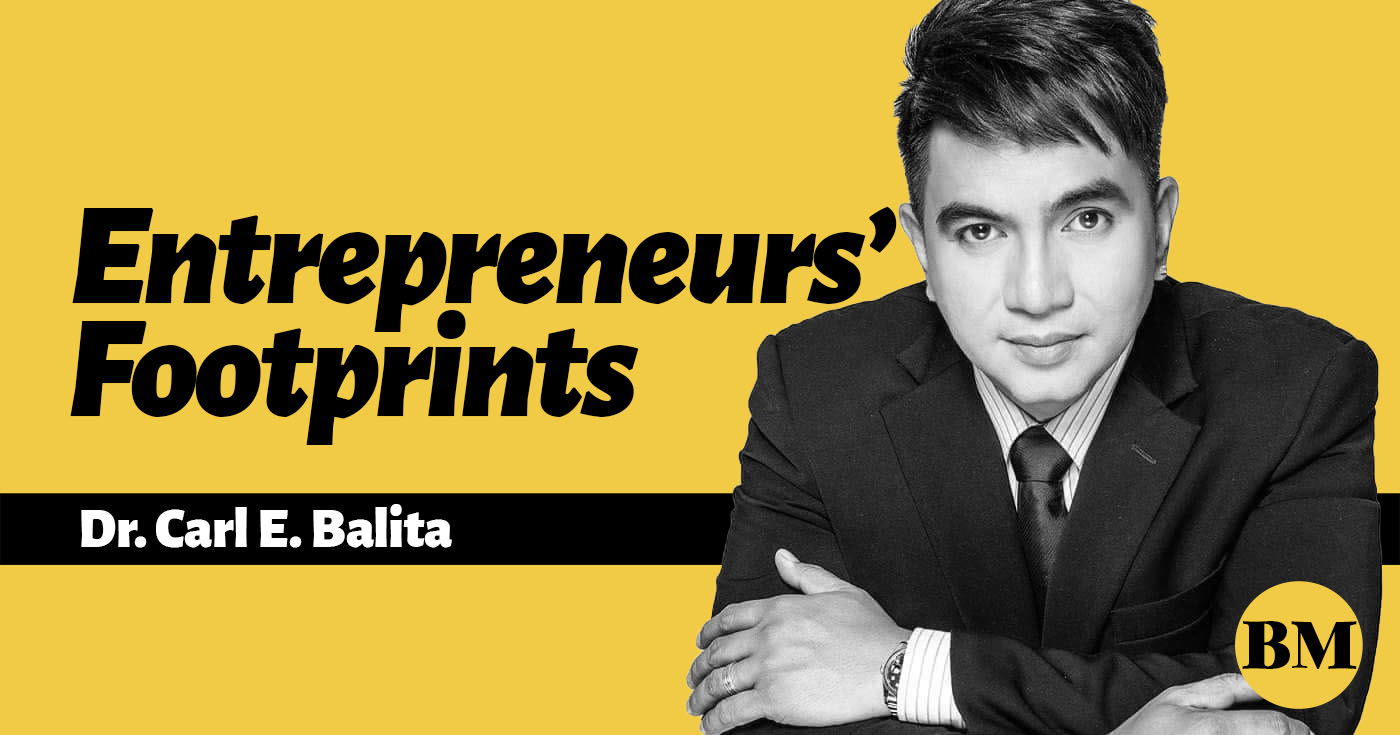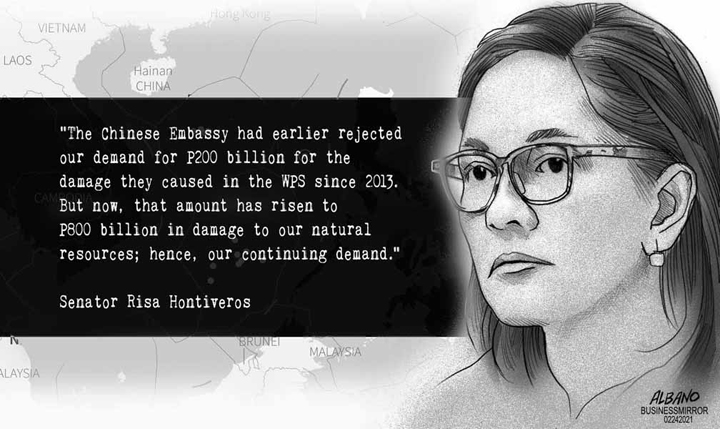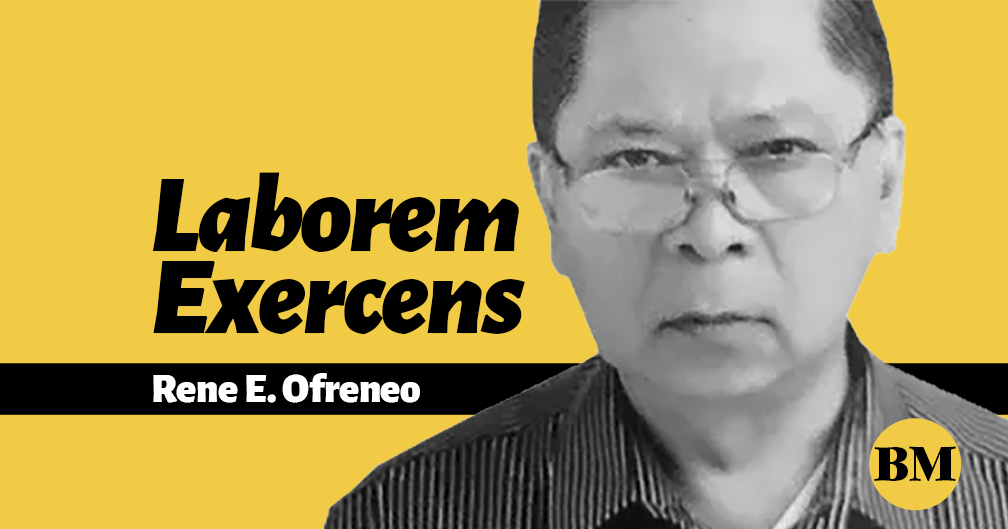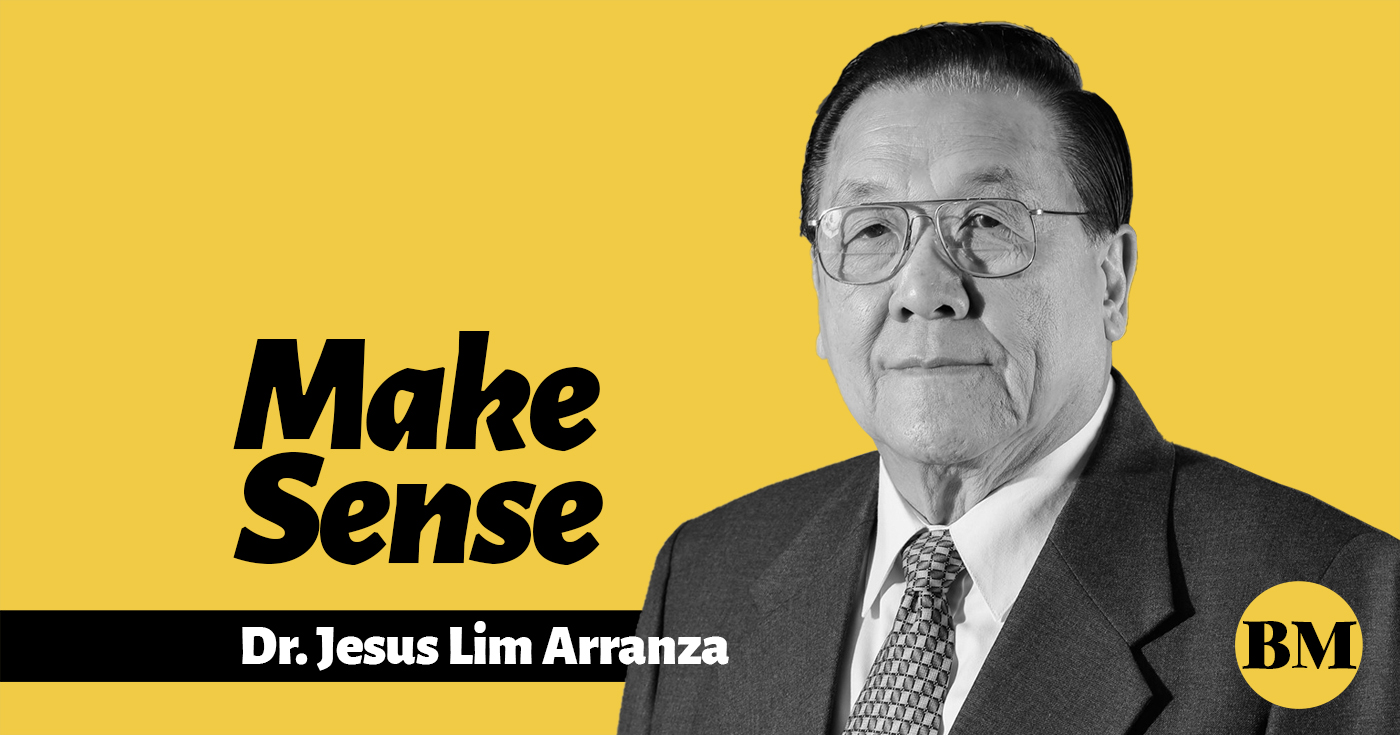ALL human evil comes from a single cause – man’s inability to sit still in a room. French physicist, philosopher and theologian Blaise Pascal was quoted saying that in the 17th century. In our present time, we have the quarantine experience that gives us the opportunity to be still and reflect. Yet, what we hear are stories of mental health concerns. We regret in grief what we have lost and many missed the chance to savor the experiences and learn the lessons. We are shocked by the uncertainty. We are tired of the limited movement in the old restless world. The social media that provide the most infinite potential to socialize have largely become a stressful community of lies, rages, and biases.
But, we are still in the quarantine and we have the chance to enjoy its gift of the present moment living.
Locked down out of our comfort zone
In the past, there was no lockdown but we were locked – in our comfort zone. We lived within the order of a structured life in an organized universe where everything seemed to move the way they should be. We were able to think positively and create. We expressed our social nature in ways our freedom of choice and physical spaces allowed us. We knew how to be successful and happy. We loved life. Humanity had the collective history defeating it in many battles for survival and supremacy and acted as if the universe is at our disposal.
Then comes the unprecedented pandemic that spelled disorder. There is chaos that resulted from our not knowing what to effectively do. There is disruption in every way we live in a proportion we never imagined. We retreat hiding in the safety of our homes awaiting our modern science and technology to understand the invisible enemy, which is not even in itself a living thing.
Certainly, this experience led to our sufferings. We are snatched of our lives lived in a comfort zone. We have not much of a choice but to survive, then thrive. And the pandemic takes a toll at one of our greatest assets – our mental health.
Anxiety and fear, stress and crisis
Since the early days of humanity, the threats of predators and incoming danger trigger the body’s alarm system and allow evasive action. It is a coping mechanism that increases the sensitivity to surroundings and the readiness to protect the self and everything that matter to self. The biological messengers in the brain set the entire body into a fight-or-flight mode to confront or flee in response to any potential threats to safety. Human creation is like a nearly perfect machine with survival homeostatic mechanisms programmed in its DNA.
Our signal of danger threat, or motivational conflict, to trigger appropriate adaptive responses are anxiety and fear, along with complex and interrelated concepts of stress and crisis.
Uncertainty leads to anxiety – the fear of the unknown. Anxiety is a natural healthy psychological, physiological and behavioral state induced by actual or potential threats or internal conflict. Anxiety is characterized by vague feelings of tension, worried thoughts and physical changes. From a mild level that may positively lead to problem solving and better performance, anxiety may escalate to a tiresome sustained generalized state or a dangerously exhausting panic level or disconnected with reality, among others. Anxiety then becomes pathologic, hence, requiring professional intervention to resolve.
As anxiety that has vague cause and may actually need not have a trigger, fear has an object. It is a motivational state aroused by specific stimuli that gives rise to defensive behavior or escape. It has specific identifiable cause that is real, external, known or objective. Fear is perceived when the danger is present and imminent. But just like anxiety, fear elicits a holistic response that threatens the person and results in the expression of a range of adaptive or defensive behaviors. These behaviors depend on the context and the available resources of the person.
The Hans Selye, the Father of Modern Stress Theory, defines stress as the body’s non-specific response to any demand made upon it. Stress response is non-specific as it affects the whole being because the dominant systems in the response are the endocrine system and the nervous system, which are both powerful influential systems leading general or total body response. Stress results from any demand, which may actually range from events of positive nature to doom. Stress response therefore is highly personal.
Crisis, from a psychological standpoint, happens when a person faces an obstacle to important life goals. Such obstacle, for the time being, is insurmountable by the use of usual or customary methods of problem solving. It is a perception or experience of an event or situation that is intolerable and difficult that exceeds the person’s current resources and coping mechanisms. Crisis is so natural that it may come as a developmental experience across normal growth and development process. It may be existential derived from an inner conflict such as life purpose, direction or spirituality, like the mid-life crisis. The pandemic experience, however, is a situational crisis characterized by unexpected uncontrolled onset.
Coping, now
The responses of anxiety and fear and the experiences of stress and crisis need not be overstated. They are but natural responses ingrained in our human nature. But the intellect and free will endowed upon our human nature hold the key to not only survival but also victory in this journey.
The foundation of our survival is on our ability to cope. Active coping strategies, the fight-or-flight, are used when escape from threat is possible. Passive coping strategies, the conservation-withdrawal strategy, are elicited when threat is inescapable. We may react actively (proactively) or passively (reactively) based on situations that come by.
Coping begins with our appreciation and gratefulness of the life within. We have to learn to engage in what is referred to as “present moment living” where the most important moment of life is the now. We need to be fully present in the here-and-now to accept situations, as they are to make the situation bearable. The obsession of the past that traps and the anxiety of the future that paralyzes distract us from the power of the current experience, which is the only moment that connects to life itself. Life and the now are inseparable. In fact, the only moment we have is the now.
The present moment is more important and powerful than the adversity that may just be a mental creation, or anticipated in the future that may not come at all. Worst is that the law of attraction may actually bring to us the negative that we constantly mentally create.
We have to be aware of what the mind is doing to us. Our consciousness of how our mind works and where it brings us may enable one to take control of the moment and use every bit and piece of it as a wonderful experience. The sense of isolation from the quarantine experience produces a narrative leading to unhappiness. Being alone need not make us lonely. Our grief over the loss of what we were accustomed to in life consumes us so that it delays our acceptance.
We need to act based on the current moment. We are capable of more intelligent action if there is acceptance, rather than rejection, of the current moment.
Yes, we are in a stressful crisis confronted by fear and anxiety but remember that as we leave our footprint in our journey, the real growth, awakening, deepening usually don’t happen when things are doing well. They happen when we are out of our comfort zone.



























